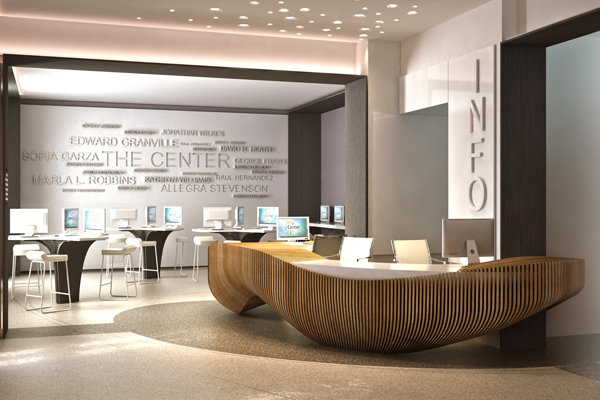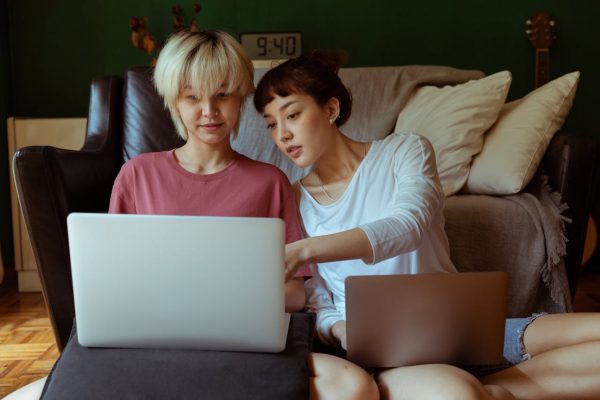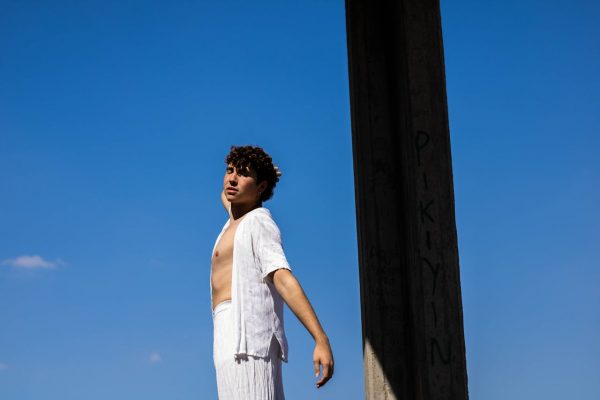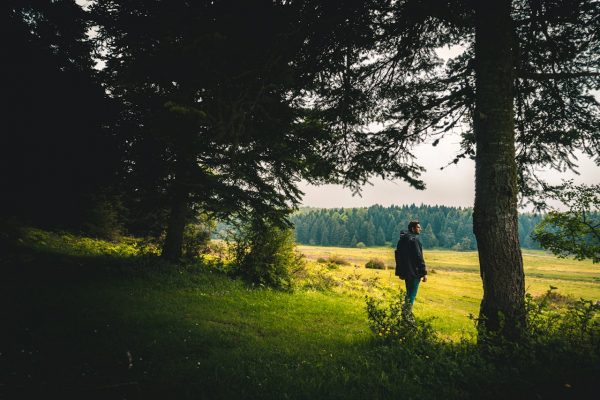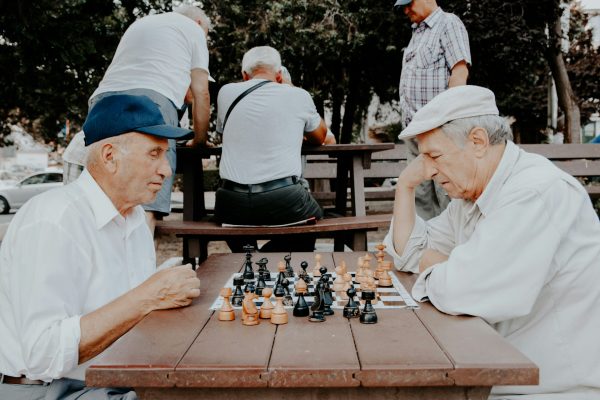I go to one of the four colleges in my state that has an LGBTQ Resource Center, but many schools have LGBTQ-specific organizations or clubs. Here are some of the advantages of getting involved in your school or nearby LGBTQ Center.
1. Labels: In case you’re not aware LGBTQ is an acronym of labels: Lesbian, Gay, Bisexual, Transgender, and Queer/Questioning. Although it might seem disappointing that these labels are so prominent, I feel we are becoming a lot more accepting in the millennial generation. Maybe the words aren’t going away, but the acceptance and nuances of how you identify yourself is growing, which is fabulous.
2. Support: The LGBTQ Center is a great place for support, like counseling and different groups. These are a great resource to get through the tough times that this community faces, like coming out and being accepted. If you’re not into talking, here’s the place to find free resources, like books and pamphlets, to take with you.
3. Events: At most colleges, the LGBTQ Center is just like the Theatre Club, with its own events. At my school, we have workshops, T-shirts, and even a Gayme Night. There’s also a more personal event, The Coming Out Monologues. These are great places to learn more about the community without being too involved, especially if you’re shy.
4. Friends: One of the best things about joining groups in college is all the friends you’ll make. When people come together that are all interested or even passionate about something, they easily get to know each other. Most people are going through the same things, or just looking for friends, which is great.
5. Internships/Scholarships: Something I recently learned is that the LGBTQ Center is also good for getting students internships and scholarships. Just like other organizations, oftentimes these centers need staff too. Work study jobs may also be available to take the place of that job you had as a tour guide last semester.
6. Allies: Don’t think the LGBTQ Center is just for students with those labels. Just like any organization, it’s open to allies as well.
There are also workshops that can help the straight community too, called ally-training. These educate people on how to support the LGBTQ community and bring them together. At my school is it called the Safe Space Program– helping to end homophobia and other phobias students and faculty may have.
I hope this article helps you and inspires you to check out your campus’ LGBTQ Center in the coming semester.


